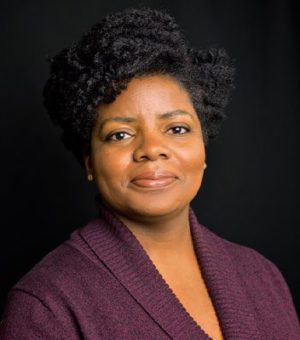
New Partnership Will Increase Employment Opportunities for People with Criminal Records
For millions of Americans who have criminal records, finding meaningful and stable employment can be a significant challenge. The stigma of a record and its associated structural barriers means that even after someone has served their sentence, the collateral consequences of incarceration can continue to reverberate throughout the rest of their lives. And these effects are compounded for people of color, who often face additional racial discrimination and inequity in the labor market.
To address these issues, Jobs for the Future (JFF)—with assistance from The Council of State Governments (CSG) Justice Center—is launching The Center for Justice and Economic Advancement, a new initiative to advance policies and practices to reduce barriers to employment for people with criminal records. With funding from the Justice and Mobility Fund, the center will do things like work with academic institutions to reform admissions and financial aid processes to help students with criminal records, as well as collaborate with organizations led by formerly incarcerated individuals to advance policies that expand access to employment opportunities.
Stable employment is one of the key factors in reducing recidivism and increasing an individual’s economic mobility. Yet there are more than 40,000 federal, state, and local statutes and regulations that prevent people with criminal and juvenile records from obtaining work, such as hiring restrictions or barriers to obtaining occupational or business licenses. In fact, more than 75 percent of people who are released from prison every year are still unemployed one year later, and only about half of them report having any type of income.
These barriers often prevent skilled and qualified workers from accessing jobs that are critical to our nation’s economic recovery. Even when an employer is open to hiring someone with a record, these regulations can block them from doing so. It’s estimated that these people’s inability to access stable employment leads to losses of $78–87 billion to the U.S. GDP each year.
The new Center for Justice and Economic Advancement builds upon the CSG Justice Center’s work on fair chance licensing reform, which aims to break down these employment barriers through regulatory and legislative reforms. Forty-four states across the country have adopted some form of fair chance legislation, with 10 state legislatures establishing reforms to advance best practices in expanding licensing opportunities for people with criminal records in the last year alone.
Long term, the aim of the center will be to provide technical assistance and capacity building to disrupt employment inequities, conduct research, and promote policy and system reform that advances inclusive hiring. It will also establish a comprehensive coalition of partners from various industries, including businesses, nonprofits, academic institutions, and other workforce providers to help create best practices and policies for the field.
About the author











